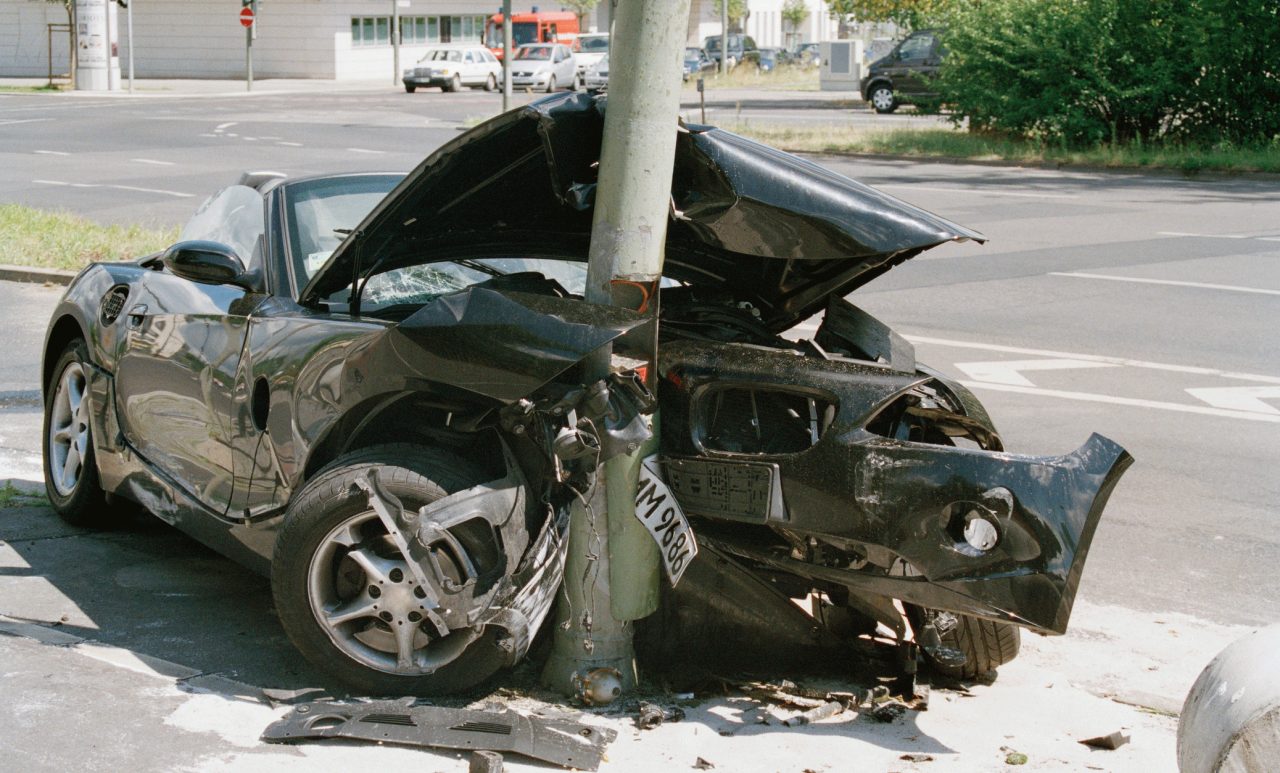PTSD in Crime and Crash Victims

Post-traumatic stress disorder (PTSD) is often thought of as a problem experienced only by soldiers. But PTSD in crime and crash victims occurs frequently, too.
The National Center for PTSD reports about 12 percent of Gulf War Veterans experience post-traumatic stress disorder symptoms in a given year, while an estimated 30 percent of Vietnam war vets have suffered from PTSD in their lifetime. Considering combat situations obviously place people in traumatic situations, it’s no surprise vets are at high risk for the mental health condition.
However, many people wrongly believe PTSD is a mental health condition affecting only those who have returned home from war. And that’s a wrong and potentially harmful assumption.
In fact, research shows anyone who has experienced severe trauma at some point in their lives may be at risk for the condition. PTSD in crime and crash victims is not uncommon, for example, and could one day impact you or someone you know.
YOU MIGHT ALSO LIKE: Rapid Eye Movement Therapy (EMDR) for PTSD
Many non-combat traumas cause PTSD symptoms
The National Alliance on Mental illness points out PTSD affects over nine million Americans. And the trauma causing symptoms of PTSD often doesn’t involve anything related to war. It can result from being a victim of a violent or sexual assault, being in a terrifying car accident, or seeing such an event up-close. Witnessing a natural disaster, such as a hurricane, tornado, flood, or forest fire can also produce a harrowing reaction and trigger PTSD symptoms in survivors.
Of course, it’s normal to have upsetting memories, feel unusually anxious, or have trouble sleeping after you’ve been a victim of a crime or witnessed or experienced a traumatic vehicle accident or other event.
For a while, you may have difficulty with normal daily activities, including going to work or school, or visiting with friends. But you should start to feel better in a few weeks or months, according to National Center for PTSD experts. If you don’t, you may have PTSD.
If you, a friend or family member, has been traumatized by a crime, car crash, or other frightening event, it’s important to recognize these symptoms of PTSD, so you can seek help.
- Re-experiencing the event in your mind. PTSD often causes recurring, distressing, involuntary, and intrusive memories, including vivid flashbacks of the trauma and bad dreams.
- Avoidance. Do you avoid places or objects that remind you of the traumatic event and activate overwhelming feelings of dread or panic? For example, PTSD in crime or crash victims might result in avoiding the road or neighborhood where the event took place.
- Changes in thinking and mood. PTSD can cause disturbed thinking, such as trouble recalling the traumatic event that caused your trauma. You might also have negative thoughts about yourself or feel worry, guilt, or depression over the event (such as worrying whether it was somehow your fault, or you could have done more to help). Some people also experience brief periods of feeling that the world is "not real" (derealization).
- Arousal symptoms. PTSD can cause hypervigilance — feeling constantly “on edge” and being intensely startled by sounds or sights that remind you of the trauma and may trigger outbursts of anger.
PTSD in crime and crash victims needs treatment
PTSD is not necessarily preventable because traumas like crimes and car accidents can happen unexpectedly. However, if you have PTSD symptoms following a traumatic event — no matter what kind — it is vital to seek mental health treatment, according to Tina Kempin Reuter, PhD, who studies trauma’s effects as director of the University of Alabama’s Institute for Human Rights.
Treatment typically includes various forms of psychotherapy, the National Center for PTSD explains, including prolonged exposure (talking about the trauma with a counselor and working on doing things you’ve avoided since the event), cognitive processing therapy (learning to reframe negative thoughts about the crime, crash, or other trauma), and eye movement desensitization and reprocessing (EMDR), which involves calling the trauma to mind while paying attention to a back and forth movement, such as a finger waving or a moving light. Medication, including antidepressants, may be indicated for some people suffering from PTSD.
The bottom line
PTSD for crime and crash victims, or anyone else with symptoms of this problem, can find help and relief. However, no one treatment is right for everyone. The National Center for PTSD advises discussing treatment options with your doctor to determine the best therapy for you.
Updated:
November 05, 2019
Reviewed By:
Janet O’Dell